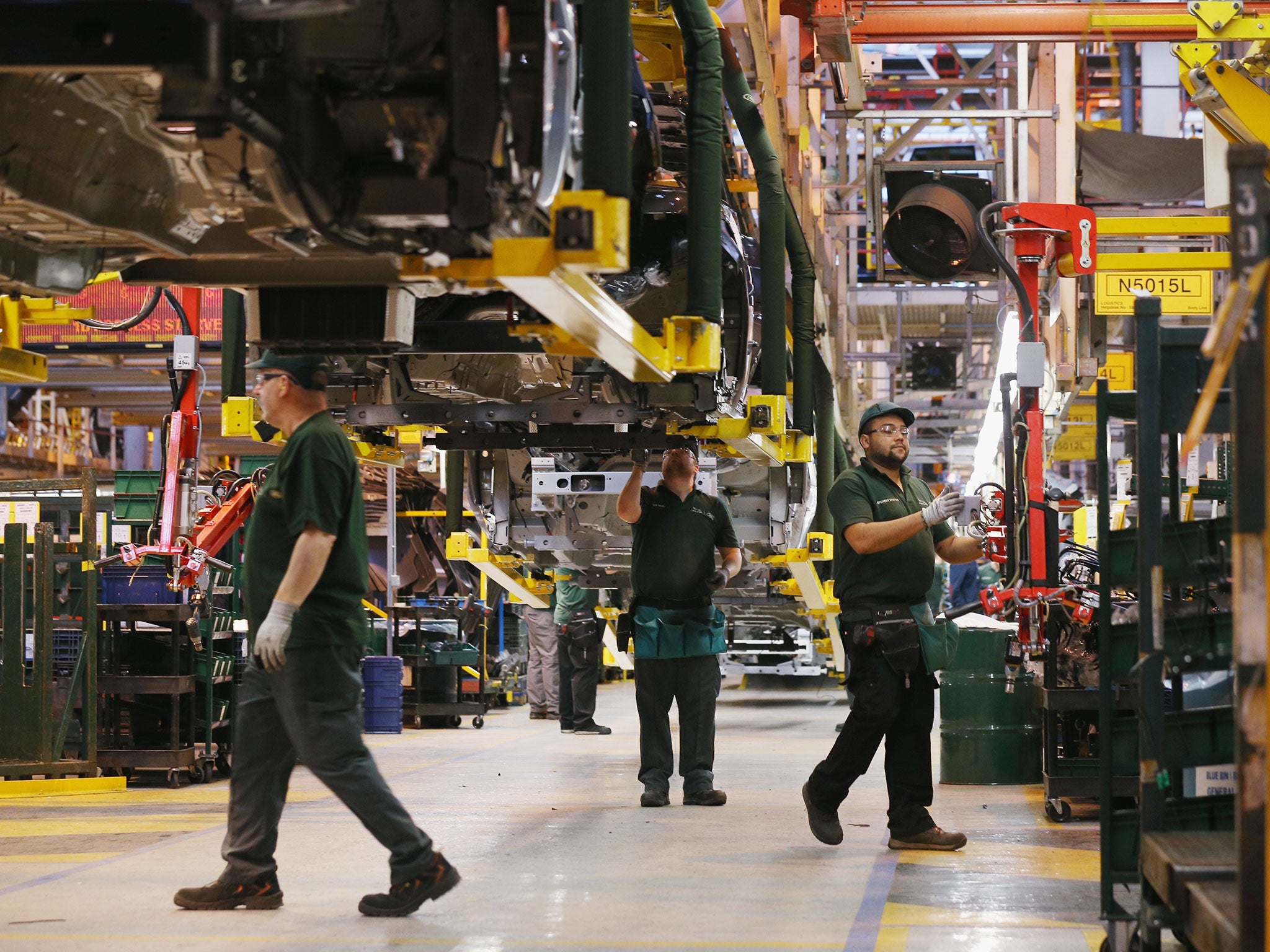UK wage growth picks up to 3.4 per cent but vacancies fall again, official data shows
Adjusting for inflation, pay growth is still below its average before financial crisis

Growth in UK wages accelerated between March and May, but the number of vacancies continued falling, official data showed on Tuesday.
Total pay, including bonuses, increased 3.4 per cent compared with a year earlier, while regular pay, which excludes bonuses, rose 3.6 per cent, according to the Office for National Statistics. After adjusting for inflation, total pay ticked up by a smaller 1.4 per cent and regular pay rose by 1.7 per cent.
Nye Cominetti, economic analyst at the Resolution Foundation, said pay packets had been partly boosted by an increase in the national living wage that benefited around 2 million workers.
“With real average earnings still £5 a week lower than its peak over a decade ago, it’s important that [regular] pay growth continues to head back towards its pre-crisis average of over 2 per cent.”
Vacancies, which are measured with a smaller lag than wages, dropped to 827,000 in the April-June period, a fall compared both with a year earlier and the January-March period.
The unemployment rate remained unchanged at 3.8 per cent, the lowest since the mid-1970s.
Overall, the data lends support to a cautious assessment by the Bank of England’s Gertjan Vlieghe, who said last week that the so far robust UK labour market might have reached the limits of growth.
The steady decline in vacancies this year also masks the difficulty of filling many job openings.
“Skills shortages are now clearly evident across all sectors,” said Tej Parikh, chief economist at the Institute of Directors. “Serious work [is] needed to upskill our workforce and to fine tune our immigration policy in light of the talent shortfall facing the country.”
The veiled warning about the likely consequences of Brexit follows a starker prediction from Mark Carney last week. The governor of the Bank of England said businesses expect they will have to cut jobs if Britain leaves the EU without a deal, as their sales go down and costs go up.
There are signs the UK’s looming departure is already having an impact on hiring. Large recruitment company Hays said earlier on Tuesday that its net fees in the UK and Ireland were down 2 per cent between April and June, pulled down by a 6 per cent fall in fees for private sector placements.
Evidence of a reduction in hiring and fewer vacancies underpin a less rosy outlook for wages from the National Institute of Economic and Social Research (NIESR). After the official data came out, NIESR forecast that growth in regular pay will stabilise at around 3.5 per cent in the third quarter.
Arno Hantzsche, senior economist at NIESR, said: “Economic and political uncertainty pose a considerable risk to hiring activity and, according to our new estimates, prevent a further acceleration of earnings growth in the months ahead.”
Subscribe to Independent Premium to bookmark this article
Want to bookmark your favourite articles and stories to read or reference later? Start your Independent Premium subscription today.

Join our commenting forum
Join thought-provoking conversations, follow other Independent readers and see their replies